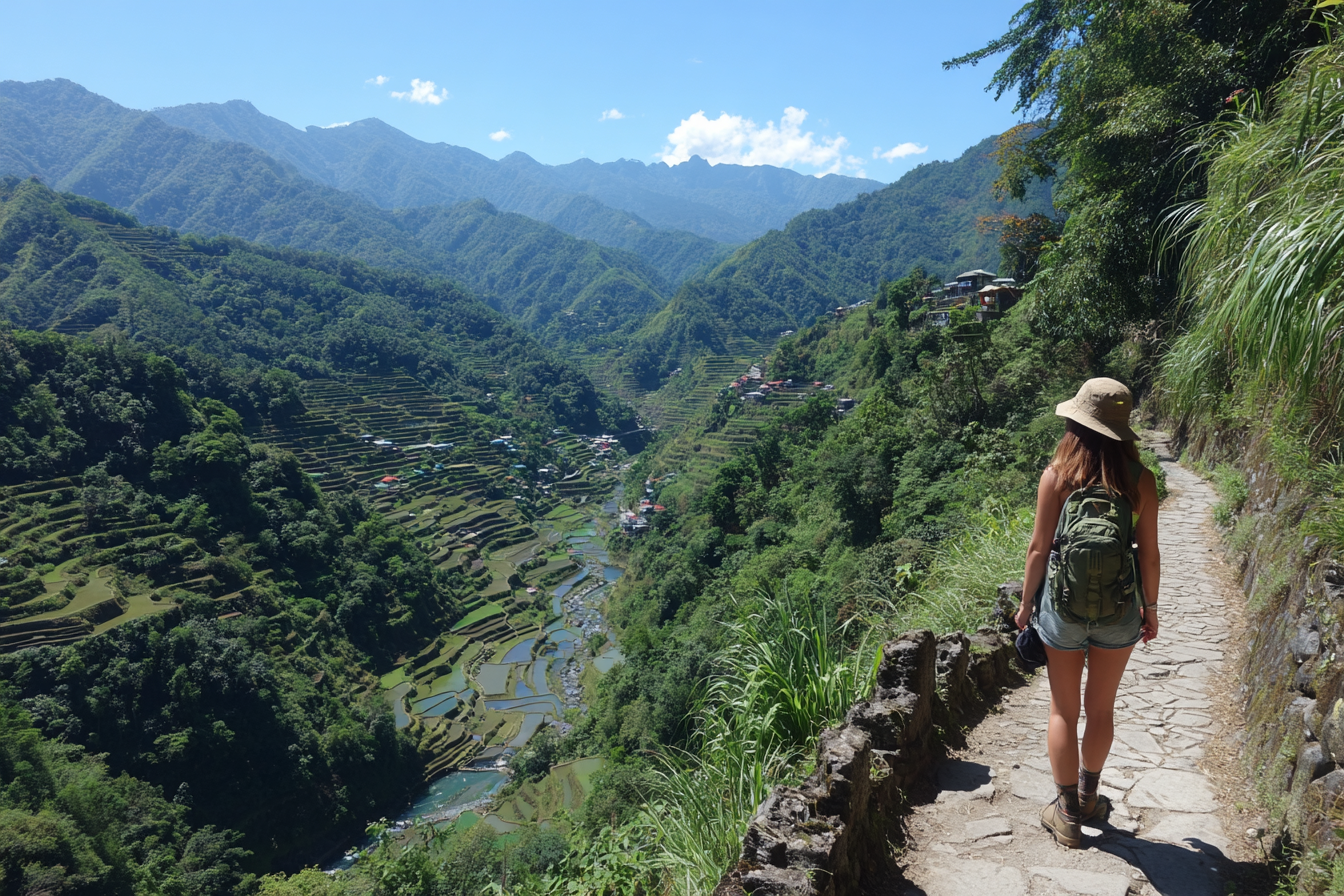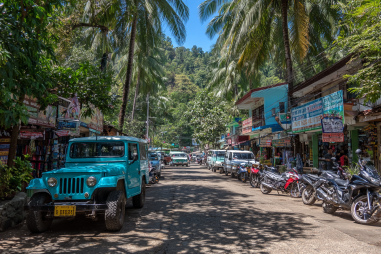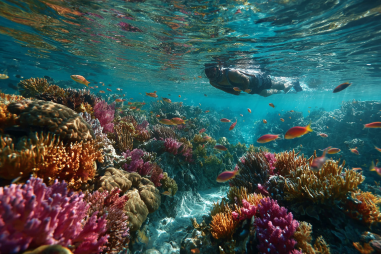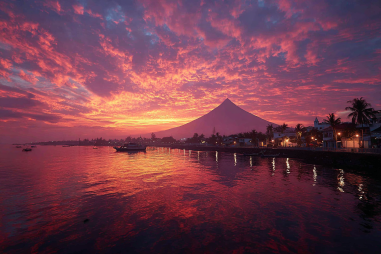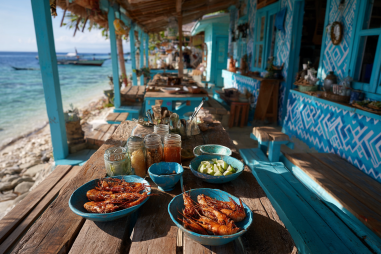Banaue, often dubbed the “Eighth Wonder of the World,” is famous for its stunning rice terraces and rich cultural heritage. Nestled in the highlands of the Philippines, this destination offers a unique travel experience filled with breathtaking views and warm local hospitality. While Banaue is welcoming and picturesque, it is important for travelers to remain aware of specific safety considerations to ensure a smooth and enjoyable trip. From health and trekking precautions to respecting local customs, this guide covers essential safety tips for anyone planning to explore Banaue.
General Safety Overview
Banaue is generally a safe destination for tourists, with friendly locals who are accustomed to visitors exploring the terraces and mountain villages. However, like any travel destination, common-sense precautions should be observed. It’s recommended to travel during daylight hours as some roads and pathways may be less secure at night due to limited lighting and remote terrain. Avoid displaying valuables openly, and keep your belongings secure during your visit to minimize the risk of petty theft. Using reputable guides and transportation services enhances both your safety and experience.
Trekking Safety and Preparedness
One of the main activities in Banaue is trekking through the rice terraces and surrounding mountains. While the scenery is undeniably breathtaking, the terrain can be challenging and occasionally slippery, especially after rain. To stay safe, always trek with a reputable guide who knows the trails well and can provide valuable insights into the local environment and culture.
Before embarking on any trek, prepare by wearing proper footwear such as sturdy hiking shoes with good grip. Carry essentials like sufficient water, snacks, sunscreen, insect repellent, and a basic first aid kit. Check the weather forecast and avoid hiking during heavy rains or extreme weather to prevent accidents such as landslides. Inform someone about your trekking plans and expected return time, especially if going off the popular trails. Pace yourself and don’t push beyond your limits—listen to your body and take breaks when needed.
Health and Medical Facilities
Banaue is a remote area with limited medical facilities. While there is a local health center available for minor ailments and emergencies, it may lack specialized care or equipment. For serious medical conditions or injuries, travelers might need to be transported to larger hospitals in nearby towns like Baguio or even further to Manila.
To stay healthy during your trip, drink bottled or boiled water instead of tap water, and wash your hands frequently to avoid common illnesses. If you have any chronic health conditions, bring enough medication for the duration of your stay. It’s also wise to have travel insurance that covers medical emergencies and evacuation. Before traveling, consult your doctor about vaccinations or preventive measures suitable for the region.
Weather-Related Hazards
The climate in Banaue is generally cool and pleasant, but it is also subject to sudden weather changes. The rainy season, typically from June to November, can bring heavy downpours that increase the risk of landslides and slippery trails. Flash floods might also occur in low-lying areas.
Keep updated on local weather reports, especially if you plan outdoor activities. If heavy rain or storms are forecasted, it’s best to postpone trekking and opt for indoor cultural experiences or rest. Always carry a raincoat or waterproof jacket and a cover for your backpack to protect your belongings. Avoid crossing swollen streams or rivers, as this can be extremely dangerous.
Local Customs and Respecting Communities
Respecting the local culture and customs in Banaue is crucial for a positive and safe travel experience. The indigenous Ifugao people take great pride in their traditions and way of life. When visiting villages, always ask permission before taking photographs of people or homes. Dress modestly and avoid loud behavior to show respect for local values.
Interactions with locals can be rewarding and educational, but be mindful of boundaries. Support local businesses, craftsmen, and guides to help sustain the community economically. Avoid leaving litter behind and stick to designated trails to preserve the natural environment that has been carefully maintained by the locals for centuries.
Emergency Contacts and Resources
Knowing who to contact during emergencies can make a significant difference. Travelers should keep a list of important phone numbers handy, such as:
- Banaue Police Station: +63 74 448 8311
- Banaue Municipal Health Office: +63 74 448 8123
- Local Tourism Office: +63 74 448 8078
- Philippine Red Cross: 143
- Emergency Ambulance Services: 911
Additionally, it’s useful to have contact information for your country’s embassy or consulate, especially for prolonged stays. Carry a fully charged mobile phone and power bank to ensure communication access at all times.
Enjoying Banaue with Confidence
Banaue is a remarkable destination that offers travelers an unforgettable glimpse into natural beauty and cultural heritage. By preparing adequately and following these safety tips, you can ensure a worry-free experience that respects both your well-being and the local community. From careful trekking and health precautions to weather awareness and cultural sensitivity, these simple steps help you enjoy the rice terraces and stunning landscapes with confidence and peace of mind. Embrace the adventure responsibly—your safe journey in Banaue awaits!

